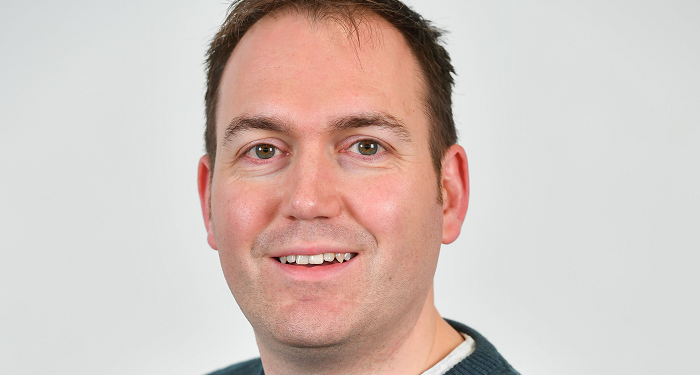Scottish Widows paid out more than £243m in protection claims last year, an increase of 22% over 2022.
This was up from £199m in protection claims in 2022 and £207.9m in 2021.
Over the year Scottish Widows paid out more than 98% of protection claims to customers and their families for a fifth consecutive year.
While life claims assessed jumped by almost 18% compared to 2022, Scottish Widows paid out 99.4% of these claims.
The number of critical illness claims assessed in the same period rose by 6.5% (and by 8% when compared to 2021 figures), with 92.3% of claims paid out.
Consequently, more than 11,000 customers and their loved ones received financial support in their time of need, (representing 10,067 and 1,635 claims paid for life and critical illness respectively)
The highest proportion of critical illness claims remained linked to cancer and made up almost two-thirds (62%) of the total number of critical illness and almost a third (31%) of life insurance claims.
The most common cancer claims for men are related to prostate (27%), bowel (16%), Hodgkin’s lymphoma (6.8%), malignant melanoma (5.6%) and leukaemia (5.6%).
For women breast cancer (52.3%) is the most common cancer-related claim, as well as bowel (8.4%), uterine or cervical (7.7%), malignant melanoma (5.6%) and lung cancer (3.4%).
Life
The total amount Scottish Widows paid out in life claims in 2023 was £149.3m, a 32.4% increase from £112.8m in 2022.
More than £11.5m was paid out in terminal illness claims.
More than a third (36.3%) of all life insurance claims among women were as a result of death from cancer, compared with 27.4% of men.
Heart-related claims accounted for 28.3% of cases for men and 10.2% of cases for women.
The average life claim paid was £57,137 or 6.7% more than 2022 and the highest individual claim paid was £5 million.
Critical illness
The total amount the insurer paid out in critical illness claims was £93.9 million, 8.9% more than the £86.2 million paid out in 2022.
Cancer claims made up the largest percentage of claims (62% of all cases); this was followed by heart attack (11.7%) stroke (9.4%), and other diseases (2.6%).
Among men 52% of claims made were for cancer, heart attack (19.2%) and stroke (11.2%).
Among women, 72% of critical illness claims were for cancer, stroke (almost 7.6%) and heart attack (4.3%).
The average critical illness claim paid was £57,462 and the highest individual claim paid was £756,480.
Clinic in a Pocket
Data was also provided on Clinic in a Pocket, the 24/7 GP services and free prescription delivery run through partner Square Health.
Here there was a 63% year-on-year increase in use of the service, with almost half (47%) of customers returning users (up from 40% last year).
The data highlighted that most users of Clinic in a Pocket last year were women (60%) and almost three in five (58%) consultations last year were with customers aged 26-45 (compared to 63% in 2022).
The top three most common symptoms consulted on last year related to children’s health (14%), skin issues – including moles and lumps (12%) and cold, flu and infection symptoms (11.8%).
While the top three remain unchanged since 2022, consultations relating to children’s health have risen slightly (from 11%). Consultations relating to skin issues have dipped 6% and cold, flu and infection symptoms have remained relatively consistent (down 0.2%).
Scott Cadger, head of protection at Scottish Widows, (pictured) said: “Our customers and their advisers trust us to help alleviate financial pressure at times that can be devastating, unexpected and emotional for them and those to whom they are closest.
“We’re continuing to deliver on that safety net commitment, with more than 98% of claims paid out for the fifth year in a row, and our specialist team is focused on helping provide the right support to suit customers’ individual circumstances.
“We are connecting more and more people and their families to much wider medical, emotional and practical help.
“The increase in use of Clinic in a Pocket is vital to help earlier diagnosis of illness as well as help provide more peace of mind, and access to much broader support through our partnerships with RedArc and Macmillan Cancer Support.
“We’re always listening to feedback from customers and advisers to help us evolve our protection products around their needs while providing that extra value that we know makes a huge difference during moments that matter.”






